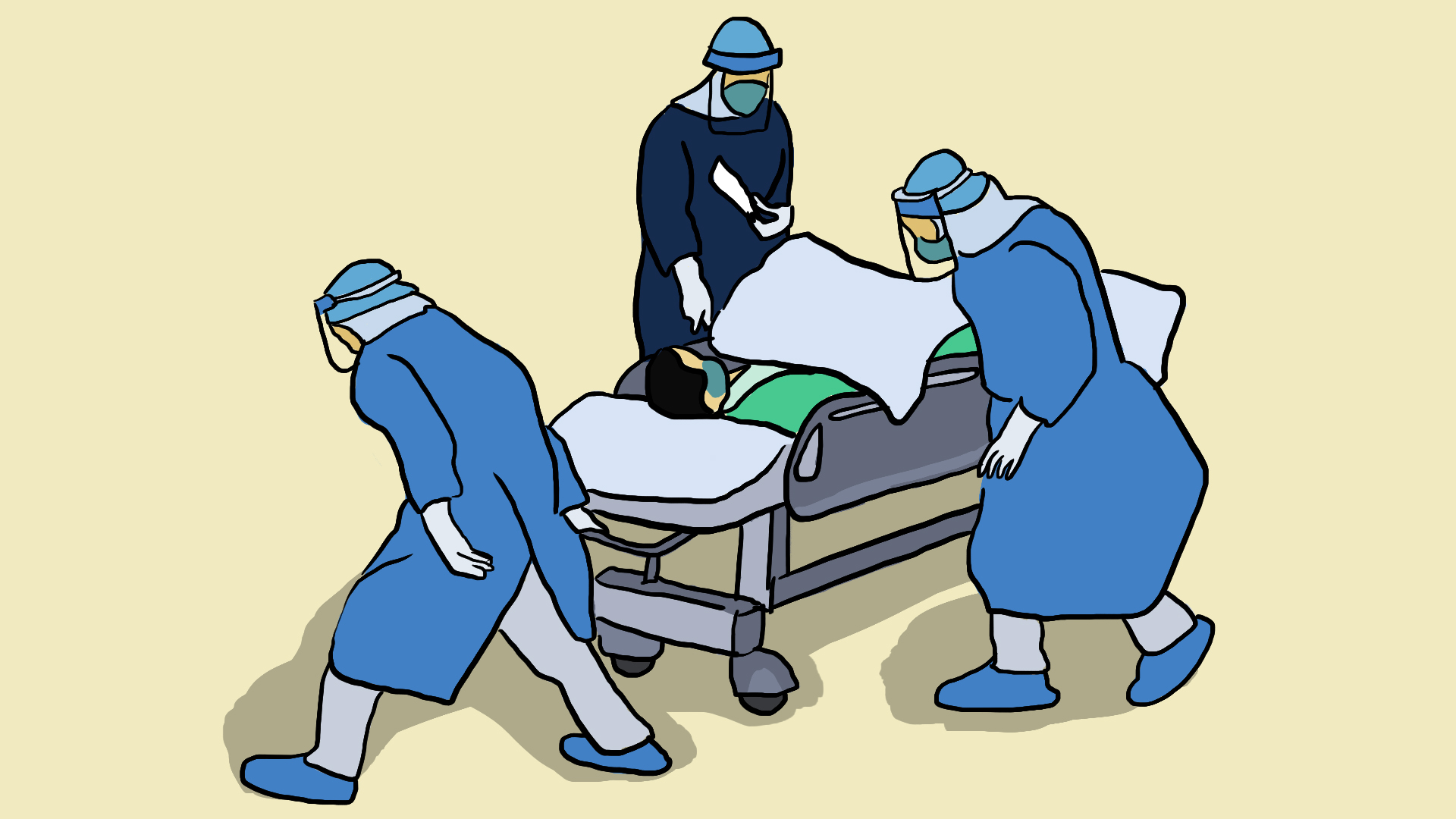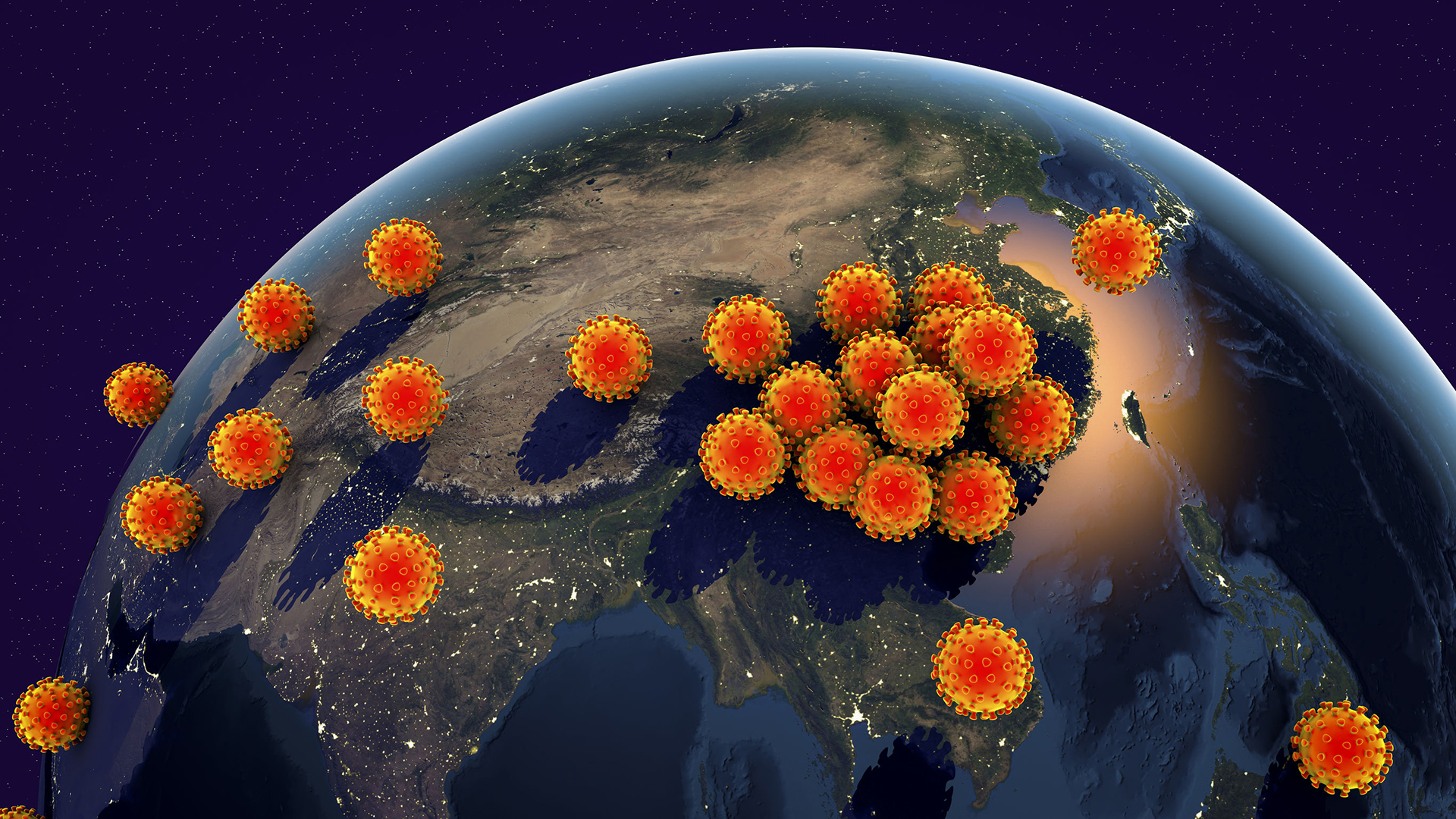Outbreak, Endemic, Epidemic, Pandemic: What’s The Difference?
As the outbreak of COVID-19 (the new name of the novel coronavirus) continues, it might be useful to understand the scale of the situation we’re faced with. Is the outbreak an endemic, an epidemic or a pandemic? Here’s the difference between these outbreak types.
Outbreak
First of all, what exactly is an outbreak? Well, an outbreak is when more cases of a disease than would be expected are recorded. From there, the outbreak can be classified as an endemic, an epidemic or a pandemic.
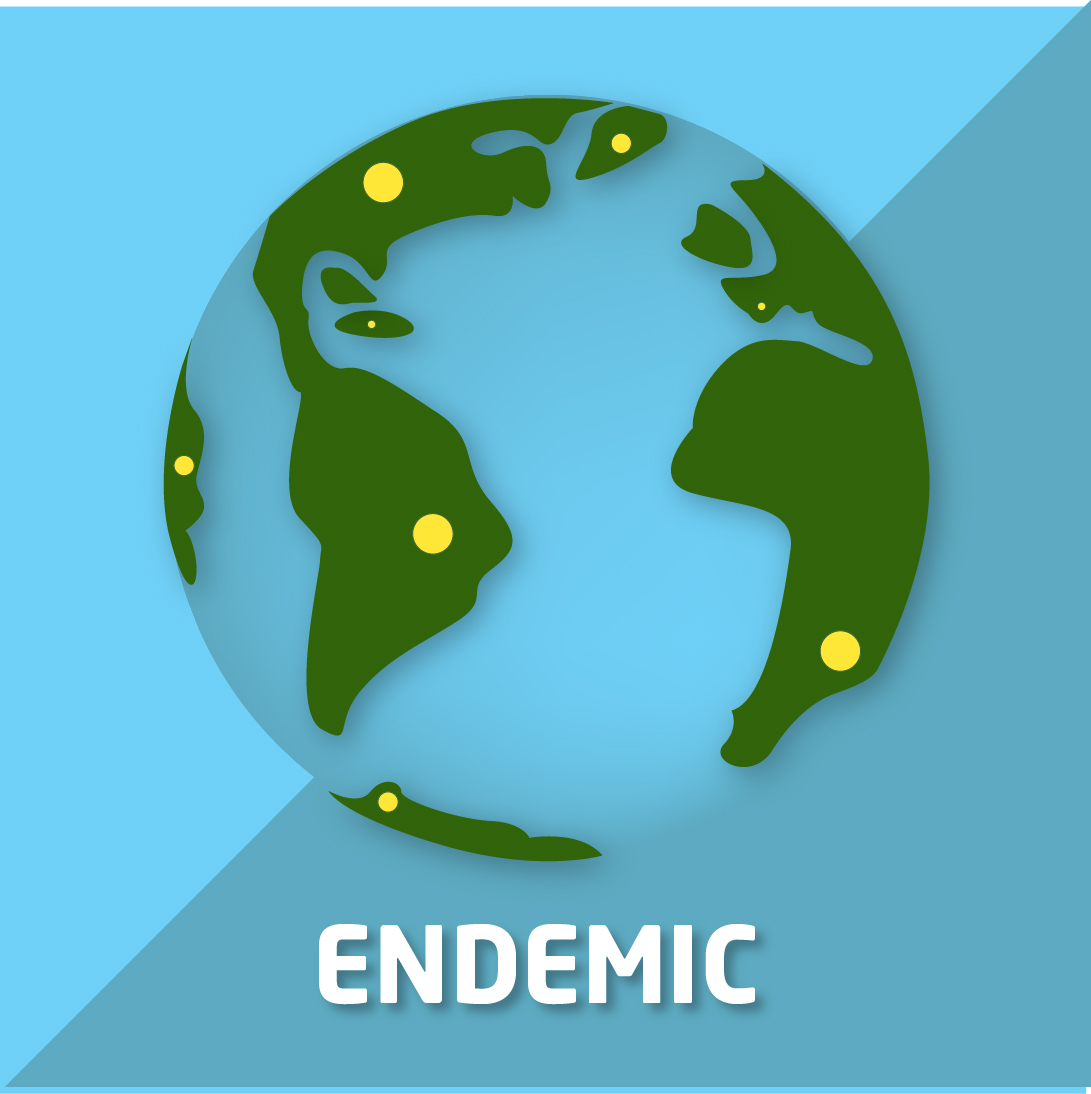
Endemic
An endemic refers to a disease that exists permanently in a particular region or population. For example, malaria in certain parts of Africa, or chicken pox amongst young children.
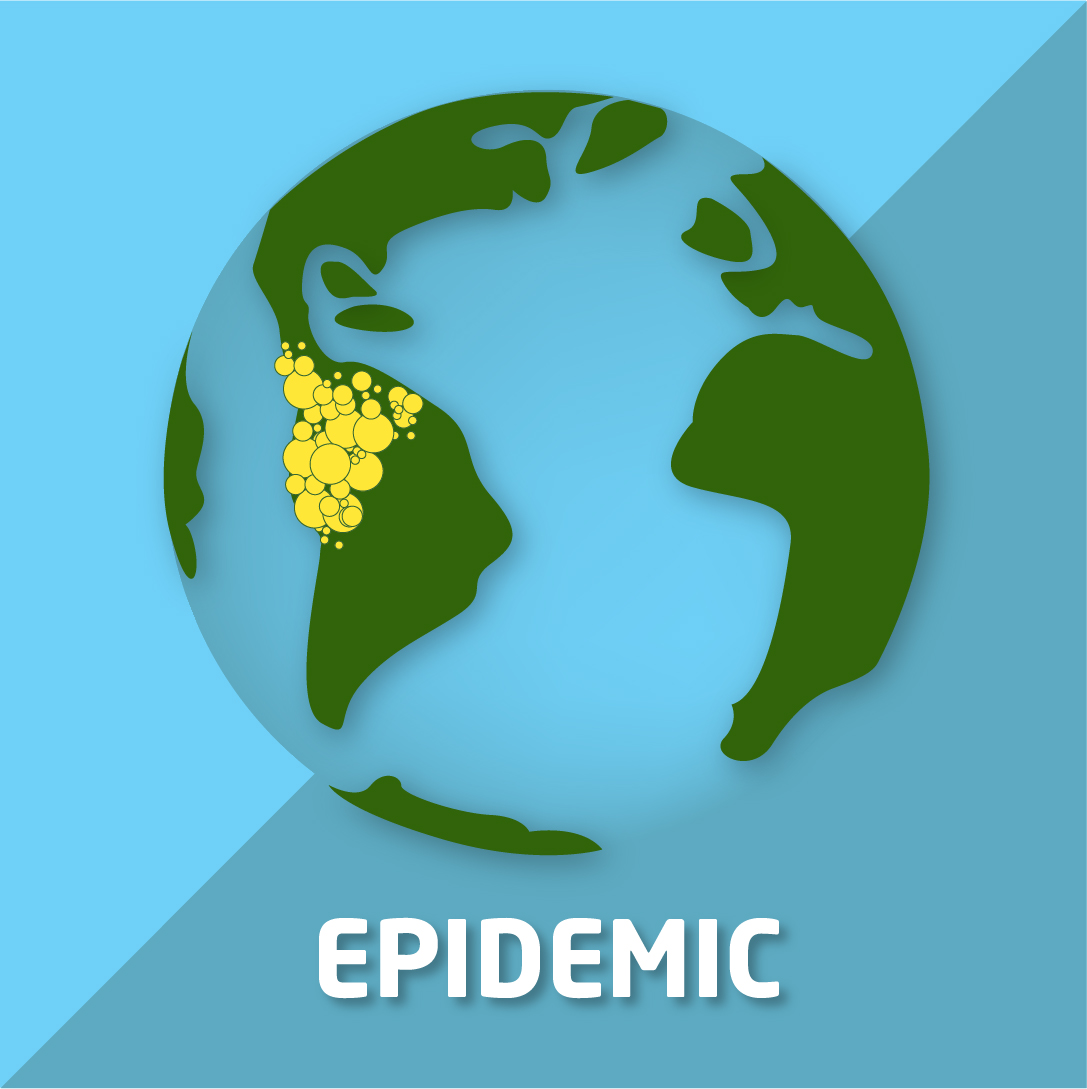
Epidemic
An epidemic, on the other hand, is an outbreak of disease that spreads rapidly amongst a large number of people in a given population. An example of this would be the 2003 SARS epidemic, which killed nearly 800 people.
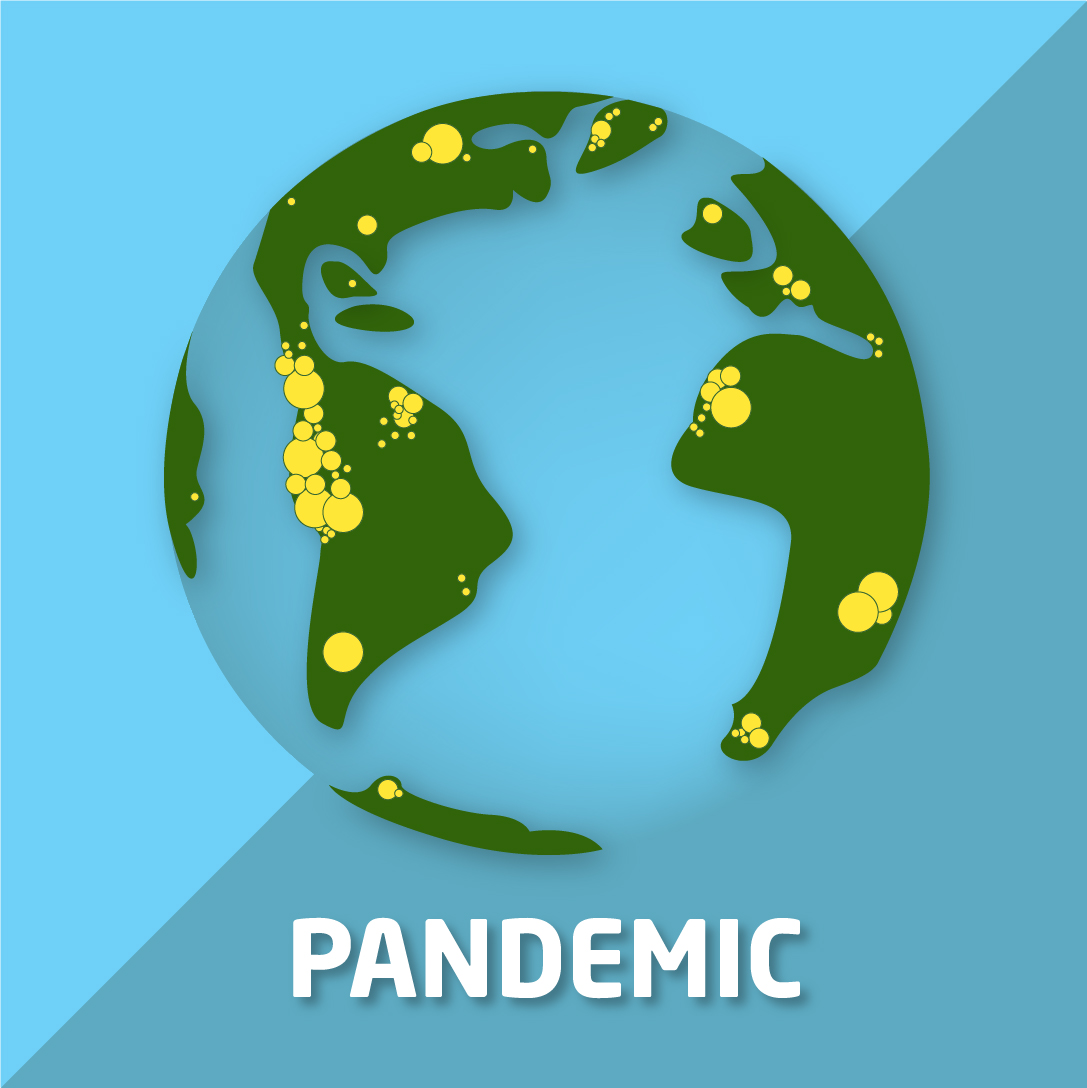
Pandemic
A pandemic is what happens when an epidemic spreads heavily throughout the world. Compared to an epidemic, a pandemic stretches over a larger area, infects more people and causes more deaths. Historical examples of pandemics include smallpox, tuberculosis and the black death. More recently, the 2009 swine flu pandemic killed 14,286 people worldwide.
So, what about COVID-19?
According to the World Health Organization, COVID-19 is not a pandemic yet. Dr. Sylvie Briand, director of the World Health Organization's Infectious Hazards Management Department, explained that the virus is currently considered to be an epidemic with multiple locations. WHO believes that with the containment measures currently in place, they will be able to extinguish the disease transmission in each location.
Health Advisory
Travellers and members of the public should adopt the following precautions at all times:
- Avoid contact with live animals including poultry and birds, and consumption of raw and undercooked meats;
- Avoid crowded places and close contact with people who are unwell or showing symptoms of illness;
- Observe good personal hygiene;
- Practise frequent hand washing with soap (e.g. before handling food or eating, after going to toilet, or when hands are dirtied by respiratory secretions after coughing or sneezing);
- Wear a mask if you have respiratory symptoms such as a cough or runny nose;
- Cover your mouth with a tissue paper when coughing or sneezing, and dispose the soiled tissue paper in the rubbish bin immediately; and
- Seek medical attention promptly if you are feeling unwell.
For the latest updates on Wonderwall.sg, be sure to follow us on Facebook and Instagram. If you have a story idea for us, email us at [email protected].







